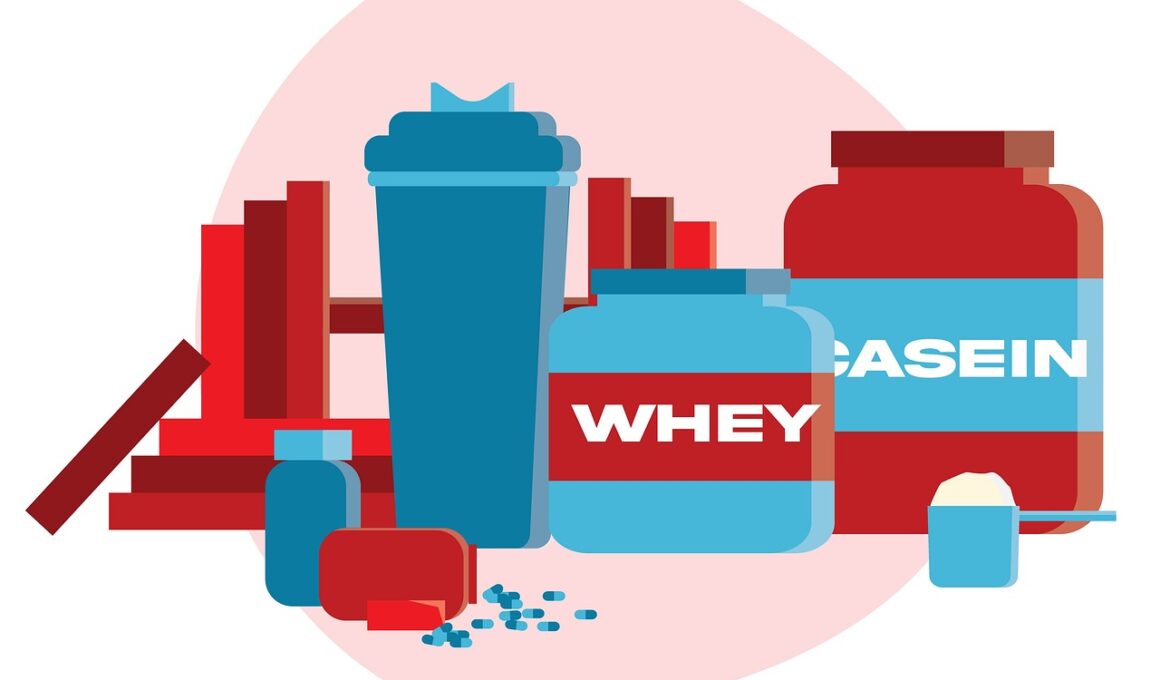Impact of High-Protein Diets on Cat Mental Health
The diet of a cat plays a significant role in its overall health, much like it does in humans. High-protein diets are becoming increasingly popular among cat owners, and for good reasons. Protein is essential for maintaining a cat’s physical health and contributes to its mental well-being. Cats are obligate carnivores, meaning their bodies thrive on animal-based proteins. A protein-rich diet can provide the necessary amino acids, such as taurine, which are vital for brain function. Furthermore, these diets can help in reducing stress and anxiety in cats by stabilizing their blood sugar levels. Elevated blood sugar can lead to hyperactivity and increased irritability. By providing a steady source of energy, a high-protein diet may improve a cat’s mood and reduce behavioral issues. Moreover, several studies suggest a link between high-protein consumption and reduced fearfulness in felines. Engaging with a cat that feels secure can enhance their quality of life. However, it’s essential to ensure that any dietary changes must be gradual and not abrupt to minimize digestive issues and to provide a comfortable transition period.
A high-protein diet does more than just affect physical health; it can profoundly impact mental well-being. Mental health issues in cats often manifest in the form of aggression, anxiety, or withdrawal. Adequate protein intake plays a crucial role in producing neurotransmitters that affect mood and behavior. For instance, proteins break down into amino acids, which are precursors to serotonin—a neurotransmitter that helps regulate mood. Therefore, a deficiency in protein could potentially lead to mood imbalances in cats. Moreover, high-protein diets can enhance the production of dopamine, which plays a role in reward behaviors and motivation. A cat that feels mentally stimulated will be more engaged with its environment and less likely to exhibit destructive behavior. Furthermore, behavioral enrichment is vital for their mental health. A combination of high-protein diets and mental stimulation could be the key to a happier, healthier cat. Pet owners should ideally consult with veterinarians or pet nutritionists for personalized dietary recommendations. As every cat is unique, their dietary needs may vary significantly, influenced by age, activity level, and existing health conditions.
Additionally, the philosophy of feeding cats high-protein diets is becoming intertwined with the holistic movement in pet care. A holistic approach considers not just nutrition but also psychological and environmental factors impacting a cat’s life. This means that while a high-protein diet is crucial, it must be accompanied by a stimulating environment. Adequate playtime, social interaction, and safe spaces can enhance mental wellness significantly. There is also the importance of monitoring a cat’s response to dietary changes. Owners should look for signs of improvement in behavior, such as increased playfulness or reduced stress. This not only signifies that the high-protein diet is beneficial but also that it’s creating a positive ripple effect throughout their daily life. It’s also worth mentioning that it’s essential to use quality sources of protein. Low-quality protein may not have the same positive effects. Therefore, understanding the source of proteins in your cat’s food can make a difference. Labels that specify real meat as the primary ingredient should be prioritized for optimal benefits. Knowledge about pet nutrition can empower owners to make informed decisions.
Potential Downsides of High-Protein Diets
While the benefits of high-protein diets for cats are compelling, it’s crucial also to consider potential downsides. An excess of protein can lead to health complications, primarily concerning kidney function. Cats already have a specific requirement for protein, and overconsumption may result in strain on their kidneys over time. Moreover, some cats are prone to certain metabolic disorders, which high-protein diets may exacerbate. Conditions such as hyperuricemia can become more pronounced with higher protein intake. For this reason, regular veterinary check-ups are essential to monitor your cat’s health. The right balance must be struck between protein content and overall nutrition. Diets designed specifically for cats should always be taken into account, as they are formulated to meet their unique needs. In some cases, a high-protein diet might not be suitable, especially in older cats who may require a different nutrient profile. Monitoring the cat’s overall behavior and physical condition can provide invaluable insights. Keeping a close eye on hydration levels and energy can ensure that you’re meeting your cat’s dietary needs without putting their health at risk.
Implementation of a new high-protein diet should be relatively gradual rather than instantaneous. Transitioning involves slowly integrating the new food with their current diet, to minimize digestive issues. Usually, this involves a week-long or even longer process for complete assimilation. Start by mixing a small portion of the new high-protein food with the old and gradually increase the new food while diminishing the old. Throughout this transition period, observe how your cat adjusts. Are they more energized and playful, or are they experiencing any adverse reactions? Cats often exhibit telltale signs when adjusting to new foods, including changes in behavior, energy, and bathroom habits. Using a gradual approach can help prevent issues that may arise from sudden dietary changes, such as gastrointestinal upset. It’s advisable to consult your veterinarian regarding any significant changes in the diet. A vet can provide guidance tailored to your cat’s specific health needs, ensuring a smoother transition. Understanding your cat’s body language will lead to better interaction and deeper companionship.
Conclusion: The Holistic Approach
In summary, the influence of high-protein diets on cat mental health cannot be overlooked. A balanced, protein-rich diet can lead to better mood regulation, increased playfulness, and an overall improved quality of life. Coupled with a holistic view of care, including environmental enrichment, social interaction, and behavioral engagement, this approach addresses both physical and psychological needs. While high-protein diets are beneficial, moderation is essential. Monitoring your cat’s well-being, consulting veterinarians, and observing behavioral changes are vital. Pet owners must remember that each cat is a unique individual with varying needs. Making informed dietary choices while ensuring a stimulating environment can create a harmonious lifestyle for your feline companion. Your cat’s mental health contributes directly to the bond you share. Therefore, a high-protein diet may serve as the foundation for better overall wellness. Proper education on nutrition, coupled with awareness of mental health, can lead to healthier, happier cats. This multifaceted approach not only satisfies dietary requirements but also enhances the overall relationship between pet and owner.
In conclusion, high-protein diets have a comprehensive impact on feline mental health. Proper nutrition lays the foundation for optimal well-being, including mental engagement and emotional stability. While it offers positive effects, pet owners should remain vigilant regarding their cat’s individual health needs. Regular health check-ups and diet consultations with professionals can help maintain this balance. It’s not just about the food. Creating a stimulating environment, engaging in interactive play, and providing mental challenges can foster holistic health for your cat. Cats thrive when they feel secure, stimulated, and their nutritional needs are met. Therefore, it is pivotal for owners to be proactive in understanding feline dietary requirements. Any dietary changes should be approached with care, ensuring that they benefit the cat without causing harm. The bonding between a cat and its owner is strengthened when an owner actively participates in promoting their well-being. A high-protein diet can be an important part of this relationship, but it’s just one piece of the larger puzzle. Ultimately, a happy cat translates to a joyful home.


